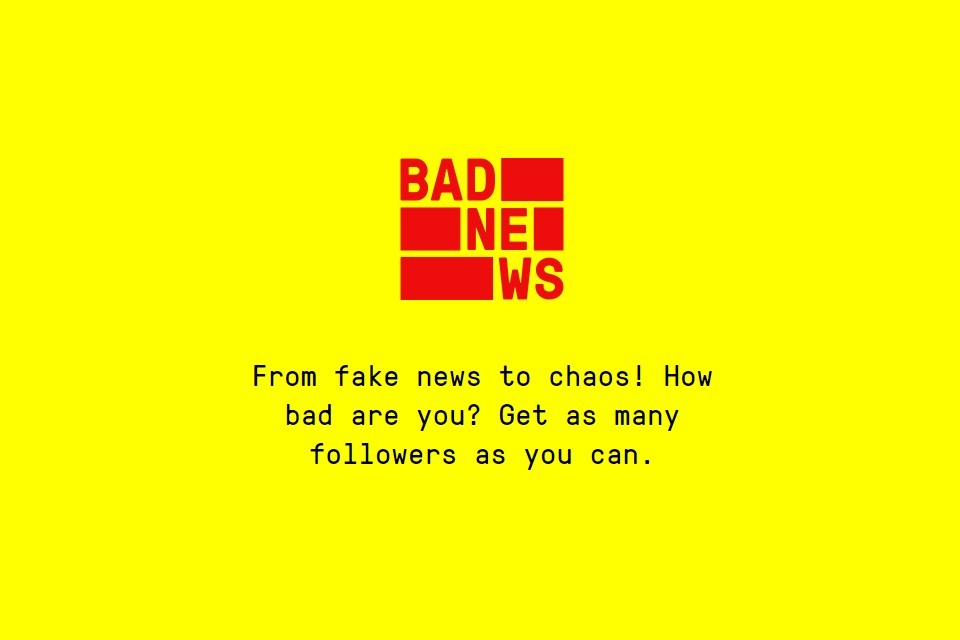To play a browser game, as the name indicates, you need a web browser, and sometimes a plug-in or an add-on. It’s usually free and doesn’t require any software installation.
There are single-player and multiplayer browser games, and they cover basically the whole video gaming genre gamut.
But, what if you can play a unique browser video game with a theme that aims to raise your awareness of and resistance to fake news?
A new study from the University of Cambridge brings video gaming and disinformation together, and the result is a “vaccine” against fake news.
Pre-bunking Disinformation: Browser Game “Bad News” for Fake News
Last year, researchers at Cambridge Social Decision-Making Lab (CDSMLab) launched an online browser game they called “Bad News.”
The game, which takes around 15 minutes to beat, has since been played by thousands of people, with 15,000 participants allowing researchers to collect and analyze data.
As a fake news-monger, you produce propaganda, and as you do, you increase your awareness about disinformation and develop “psychological resistance” to fake news, the findings of the study suggest.
In Bad News, you have to “Drop all pretense of ethics and choose a path that builds your persona as an unscrupulous media magnate. But keep an eye on your ‘followers’ and ‘credibility’ meters. Your task is to get as many followers as you can while slowly building up fake credibility as a news site. But watch out: you lose if you tell obvious lies or disappoint your supporters!”
The team’s idea and approach are based on the fact that fake news is way faster to spread than the truth, which makes the “after-the-fact” fight against disinformation lost already. The researchers sought out to find a way, that happened to be a video game, to preemptively debunk, or “pre-bunk fake news.“
“This is a version of what psychologists call ‘inoculation theory,’ with our game working like a psychological vaccination.”
The results showed that after completing Bad News browser game, players were less susceptible to fall for fake news by an average of 21% compared to before they play the game. Additionally, participants who described themselves as most vulnerable to fake news headlines were the most to benefit from this “inoculation.”
“We find that just fifteen minutes of gameplay has a moderate effect, but a practically meaningful one when scaled across thousands of people worldwide, if we think in terms of building societal resistance to fake news,” said Dr. Sander van der Linden, Director of the Cambridge CDSMLab.
Researchers didn’t forget kids and devoted the effort to create a “junior version” of Bad News online game for children aged 8-10, which so far has been available in ten different languages.
One of the team’s main goals from this research is to develop “a simple and engaging way to establish media literacy at a relatively early age, then look at how long the effects last.”



















Comments (0)
Most Recent